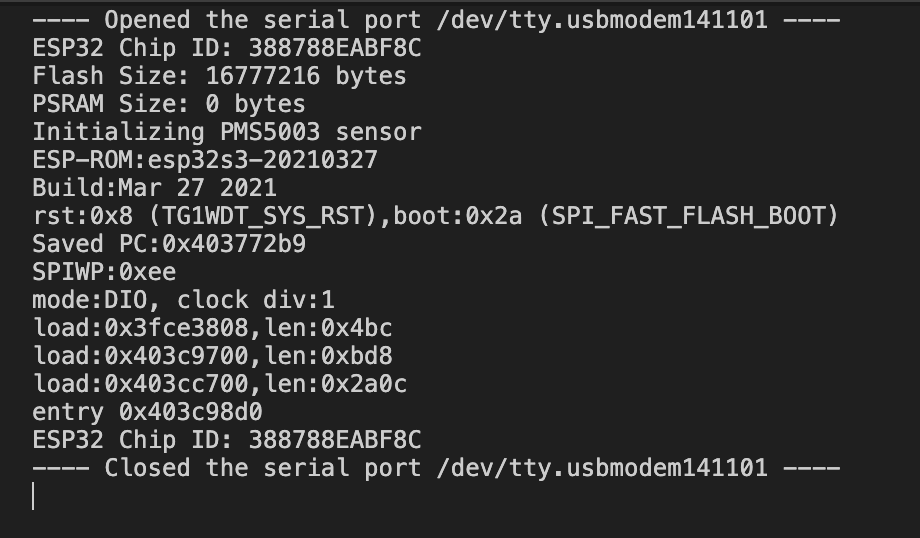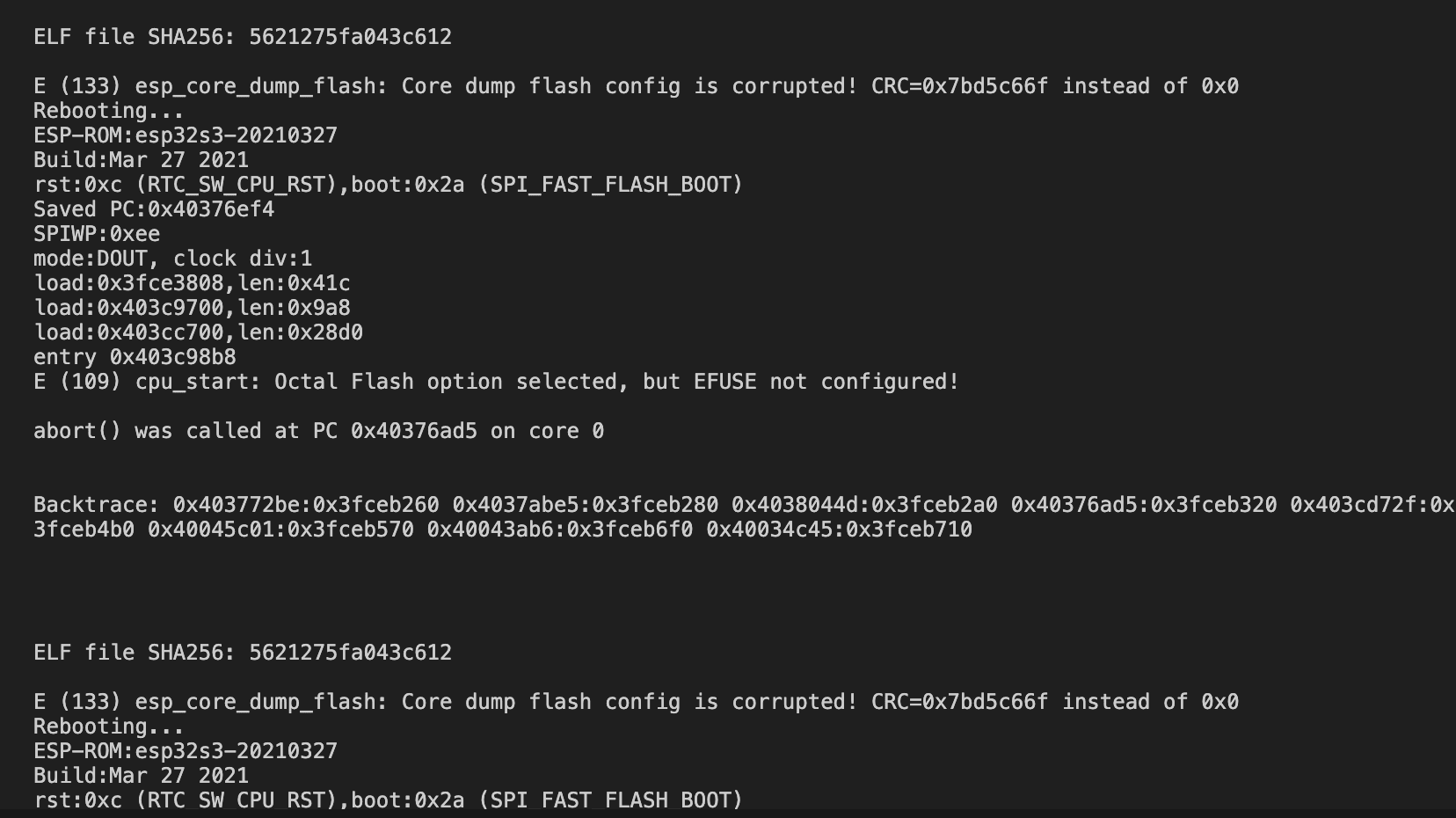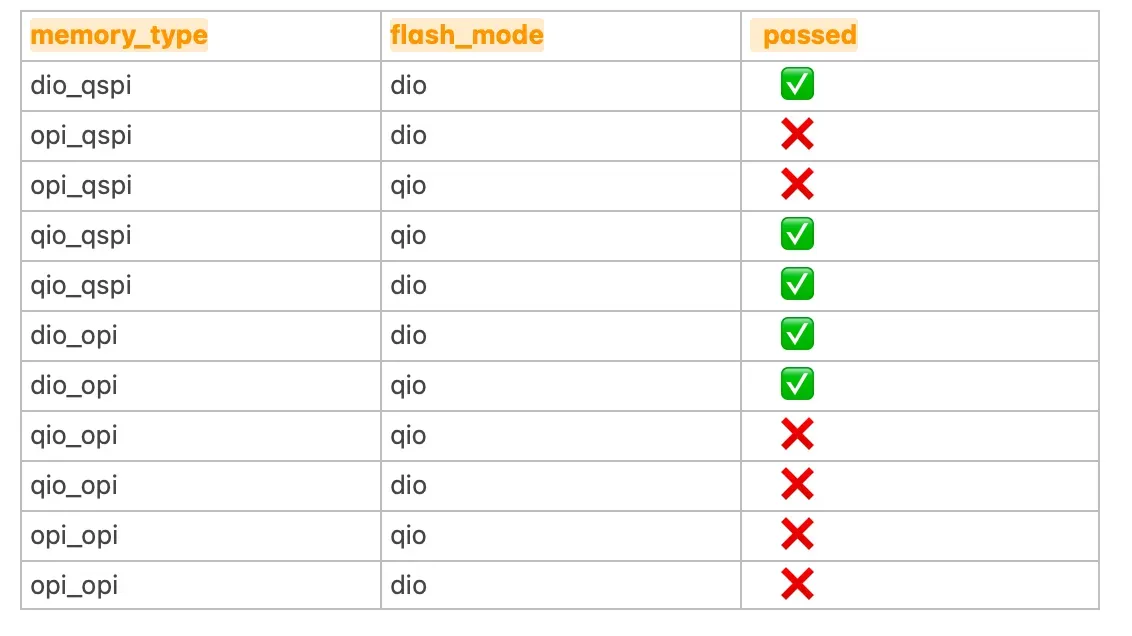

I encountered an issue with ESP32-S3 N16R8 module when attempting to intergrate a DHT22 sensor with other sensors. Normally, I run unit tests before intergration. So the DHT22 sensor was wired to GPIO 36 on a custom PCB and I used different libraries, like Adafruit DHT library, which all worked fine.
I then combined the DHT code with another codebase that ran a PM5003 particulate matter sensor and a GSM module to send the data. Now this where all trouble began. The particulate matter sensor and the GSM module both used hardware serial to communicate with the ESP32-S3. I did some trial and error like removing the GSM module feature and initiate DHT after initializing the PM sensor. At this point, everything was working fine.
The GSM module was an integral part of the project so I had to bring back the feature. This time, I tried to use software serial but it crashed again at the moment the software serial instance is began. I too was literally crashing out 🤬. The only resolution was to tear everything apart.

Research
The next thing was to inspect the serial monitor at the point where the crashing occurred; debug options were enabled. I observed this line
rst: 0x8 (TG1WDT_SYS_RST), boot: 0x2a (SPI_FAST_FLASH_BOOT)and realized something right there! It all had to do with flash configurations. The ESP32-S3 variant I was using had an 8MB PSRAM. At that point I was using a configuration file by 4D systems that used a similar chip. A quick glance at the configuration file will show that the memory_type is set to qio_opi and flash_mode to qio.
Testing

From these results and consulting the ESP32-S3 datasheet, I created a custom board configuration that looks like this 👇🏼.
{
"build": {
"arduino": {
"ldscript": "esp32s3_out.ld",
"memory_type": "qio_qspi",
"partitions": "default_16MB.csv"
},
"core": "esp32",
"extra_flags": [
"-DBOARD_HAS_PSRAM",
"-DARDUINO_USB_MODE=1",
"-DARDUINO_USB_CDC_ON_BOOT=1",
"-DARDUINO_RUNNING_CORE=1",
"-DARDUINO_EVENT_RUNNING_CORE=1"
],
"f_cpu": "240000000L",
"f_flash": "80000000L",
"flash_mode": "qio",
"hwids": [
["0x303A", "0x1001"],
["0x10C4", "0XEA60"]
],
"mcu": "esp32s3",
"variant": "esp32_s3r8n16"
},
"connectivity": ["bluetooth", "wifi"],
"debug": {
"default_tool": "esp-builtin",
"onboard_tools": ["esp-builtin"],
"openocd_target": "esp32s3.cfg"
},
"frameworks": ["arduino", "espidf"],
"name": "ESP32S3 QUECTEL V4 (ESP32S3-R8N16)",
"upload": {
"flash_size": "16MB",
"maximum_ram_size": 8716288,
"maximum_size": 16777216,
"require_upload_port": true,
"speed": 460800
},
"url": "https/docs.espressif.com/projects/esp-idf/en/latest/esp32s3/hw-reference/esp32s3/user-guide-devkitc-1.html",
"vendor": "sensors.AFRICA"
}custom board configuration
Happy tinkering 😎!

About Gideon Maina
Senior IoT Engineer
IoT Engineer and Full-stack Developer passionate about building innovative solutions for African challenges. Experienced in sensor networks, web development, and data visualization.